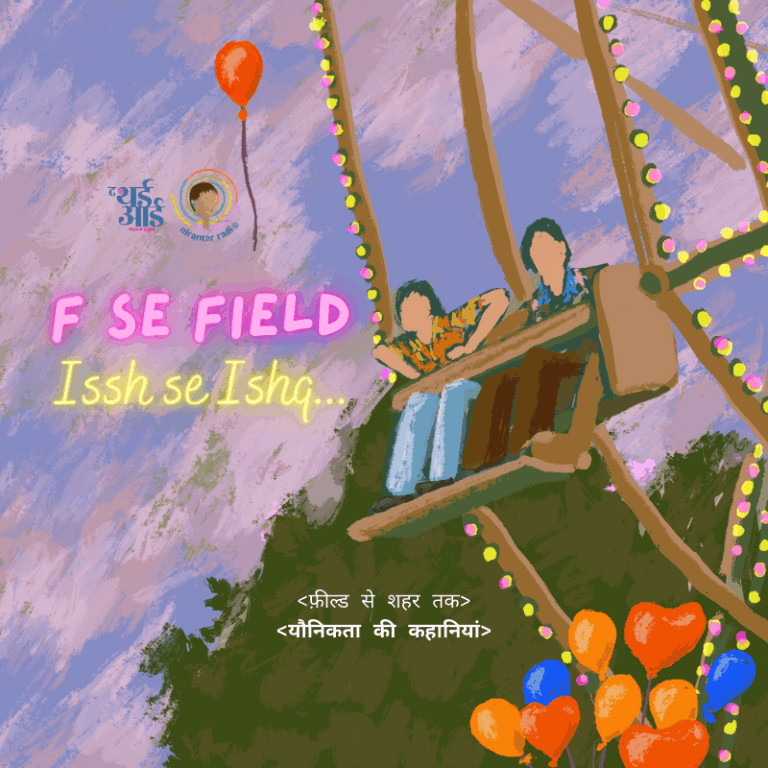
F se Field, Issh se Ishq: Machine Hee Toh Hai
Maxi has recently purchased a vibrator and she cannot wait to put it to use. As the series finale, we present to you a classic girl-meets-machine romantic comedy featuring Yours Truly Tom.
Home » podcast

Maxi has recently purchased a vibrator and she cannot wait to put it to use. As the series finale, we present to you a classic girl-meets-machine romantic comedy featuring Yours Truly Tom.

Everyone knows that the woods in the night are dangerous, but does it also hold a promise of privacy? After all, what is said (or screamed) in the jungle stays in the jungle.

Thundering rain. Steep hills. A haunting melody. A Guru Dutt poster brings back a vivid memory and two stubborn questions: What was? What could have been?

99% of the time, life is mundane and predictable. This story is the telling of that 1% when truth becomes stranger than fiction and reality out-thrills drama. Hear that? The incoming footsteps of a brand-new chapter?

An accidental touch turns desire and shame topsy-turvy. What follows is a shiver, a silence, and a weakness in the knees.

For the first time in 17 years, Vidhi is travelling alone for a workshop. What adventures and discoveries await her? Is she prepared for all that her inner world will reveal?

What happens when a late-night swim turns into an erotic adventure? To see or to be seen, that is the question. F se Field, Issh se Isshq is a series of audio stories emerging from the lived realities, desires and fantasies of young and middle aged persons.

‘Do you live alone? Or with someone?” This question takes on an unexpected weight when Ruhani brings her college friend, Ankita, home. What will be said? Can friendship survive silenced desires?

A tuition class takes no time to transform into a jungle in the absence of the teacher and shy Jehan is an easy prey for the young bullying girls of Pakur, Jharkhand. If you have ever wondered if Gossip Girl could be set in rural India, this episode is your answer.

Where does one actually receive sex education? How does one know what to do and what to expect on the first night after marriage? F se Field, Issh se Isshq is a series of audio stories emerging from the lived realities, desires and fantasies of young and middle aged persons engaged in development and education work.